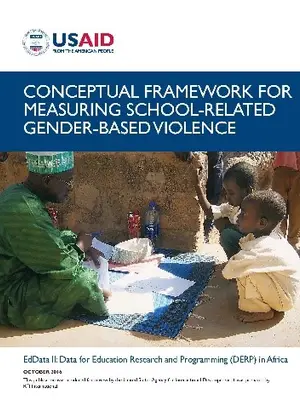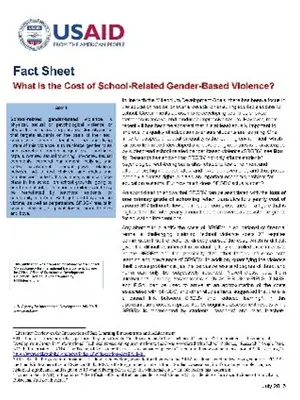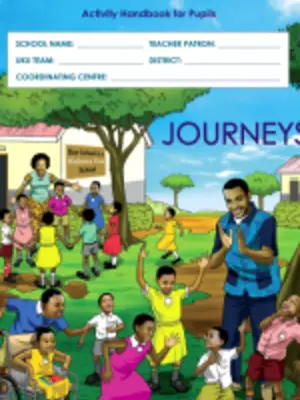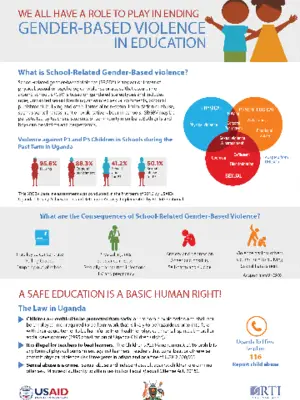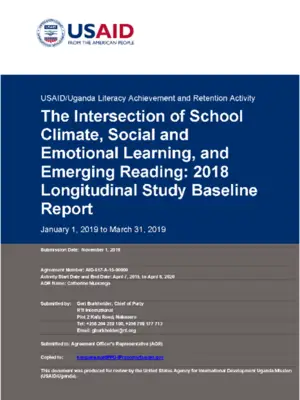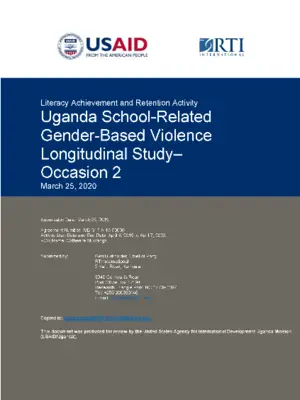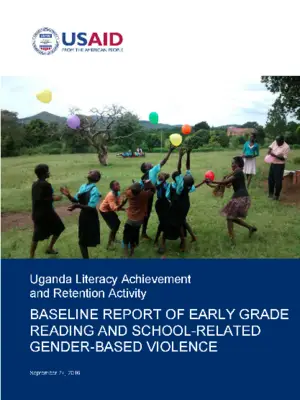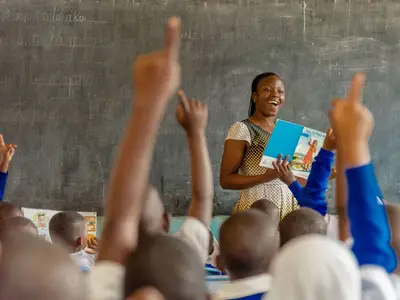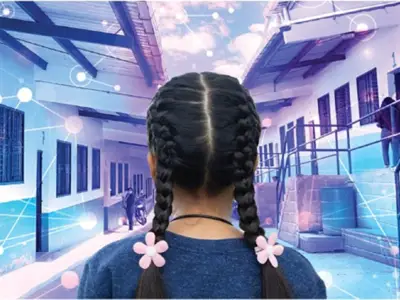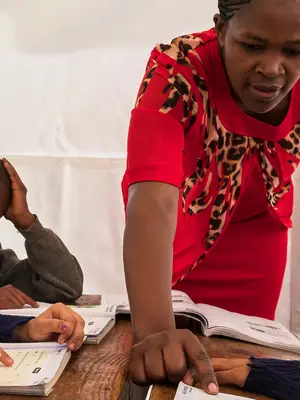Social and emotional learning plays a central role in a child’s academic success, well-being, and successful transition to adulthood
Social and Emotional Learning (SEL) plays a central role in a child’s academic success, well-being, and successful transition to adulthood, and is an integral component of education programming. SEL is the process through which all young people and adults acquire and apply the knowledge, skills and attitudes to develop healthy identities, manage emotions and achieve personal and collective goals, feel and show empathy for others, establish and maintain supportive relationships, and make responsible and caring decisions (CASEL)
RTI operationalizes this SEL framework through three key entry points for systems change to drive contextualized implementation:
- At the classroom and school level, we focus on the social process of learning, and conditions of the school and classroom environment. This means students learn best when relationships between them and their teachers are positive and supportive, and instruction is engaging and inclusive. The climate of such classrooms makes no room for violence and students and teachers feel physically and psychologically safe. To treat learning as a social process also means that classroom instruction is designed around the social and emotional needs of not just students, but teachers too. Our work supports teachers to reflect upon, recognize and develop their own social and emotional competencies, and then to develop activities oriented to the social and emotional needs of their students.
- At the parent and community level, we engage school stakeholders to play their part in addressing the norms and values of the surrounding community to support students’ social and emotional development . In some contexts, this means addressing unequal power relations and gender attitudes that can lead to violence, stifle learning and mute students’ expression of social and emotional competencies. We recognize that strong social and emotional skills underpin positive and supportive learning environments—which extend into the school community. In turn such environments allow SEL to thrive.
- At the government level, we work within existing policies and structures to drive locally led systems reform. In Uganda, our USAID-funded Literacy and Retention Activity (LARA) helped to actualize the National Strategic Plan on Violence Against Children in Schools. Working with teachers, principals, district education officers and ministry officials, LARA’s Journeys Program was designed to address School-Related Gender-Based Violence and strengthen students’ SEL. Journeys was adopted by Uganda’s Ministry of Education and Sport
RTI recognizes that social and emotional development is different across contexts and has developed methods for understanding the social and emotional competencies important for participant communities. With this understanding, we work with partners to design classroom instruction and SEL interventions relevant for their context.
To understand if our approaches are working, we measure perceptions of school and classroom climate; assess student and teacher SEL competencies; assess executive function via tablets; and use audio computer-assisted self-interview (ACASI) methodology to increase confidentiality in survey administration data on student experience of violence.
We invite you to explore our team, research, project work, blogs and other resources found on this page.

Featured Work
Whether you are a high-level government official in education, an area expert, an education district or school manager, or working with a low- and middle-income country government to integrate SEL into policy and programming, this guidebook provides a compilation of evidence-based SEL interventions that can be adapted across different contexts.
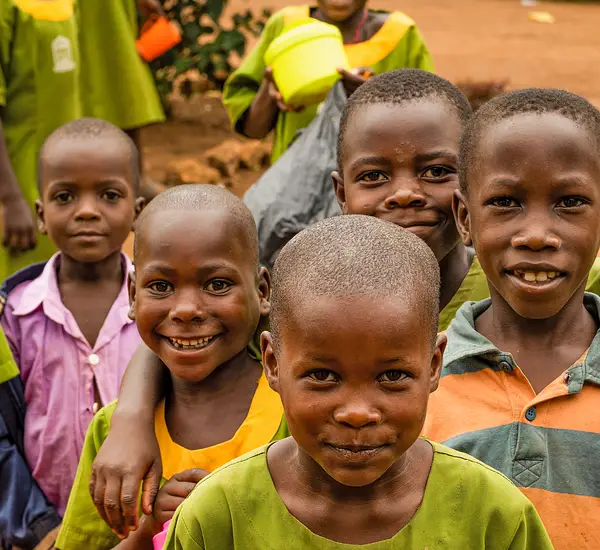
In Uganda, the USAID-funded School Health and Reading Program (SHRP) and Literacy Achievement and Retention Activity (LARA) have supported Uganda’s Ministry of Education and Sports (MoES) to help millions of children across the country learn to read.
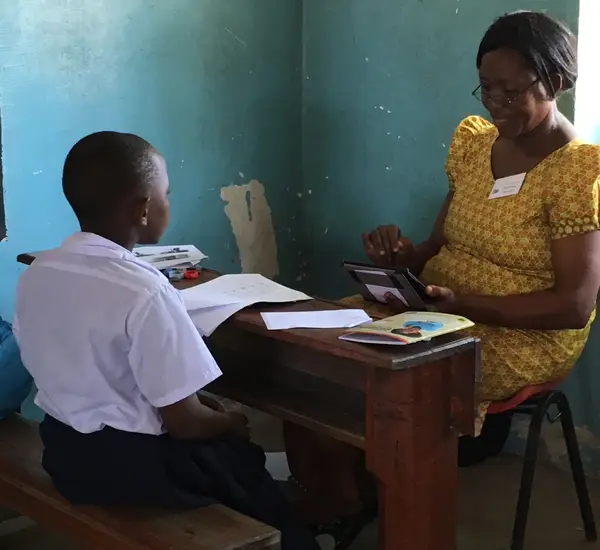
Our work in Tanzania was featured in USAID’s Best Practices on Effective Soft Skills Interventions in Distance Learning
Our Team
Jovina Tibenda
"Cultural responsiveness, and the practice of respecting and learning from a multitude of cultures, influences how students’ Social and Emotional Learning develop. I am proud to be part of the journey that recognizes the role and importance of culture in SEL."
Peter Muyingo
"Social and emotional learning skills (SEL) are fundamental determinants of the quality of life in school since they regulate the feelings, decisions and behaviors of students and teachers. Developing pupils’ and teachers’ SEL skills is therefore crucial to improving the agency, wellbeing and resilience of both students and teachers."
Dr. Matthew Jukes
"I enjoy working on SEL because it helps us focus on the human interaction that is at the core of classroom instruction. Education for SEL should recognize the world that children come from as well as the world into which they will emerge."
Dr. Elizabeth (Liz) Randolph
"Learning is emotional and, therefore, social. I believe that the inter-personal interactions and relationships in the school and classroom matter greatly to education outcomes. When these are positive, children feel cared about and safe. Children express themselves more, build social networks and develop a sense of belonging. Excitement about learning abounds!”
Julianne Norman
"The social and emotional aspect of the classroom drives relationships and sets norms that can either foster learning or stifle children’s curiosity and growth. By ensuring that SEL is at the center of pedagogical instruction, we create learning environments where children can thrive both socially, emotionally and academically."
Dr. Jonathan Stern
"Measuring SEL across contexts is incredibly challenging. It’s also incredibly rewarding. I’m proud to be part of a team that’s tackling these issues head-on and moving such an important field forward."
Lauren Edwards
"Social-emotional skills are critical components of fostering a welcoming and engaging school climate that is conducive to learning. SEL is a growing field of research that requires innovative methods and new approaches to contribute to the evidence base about the true impact of SEL in classrooms."








